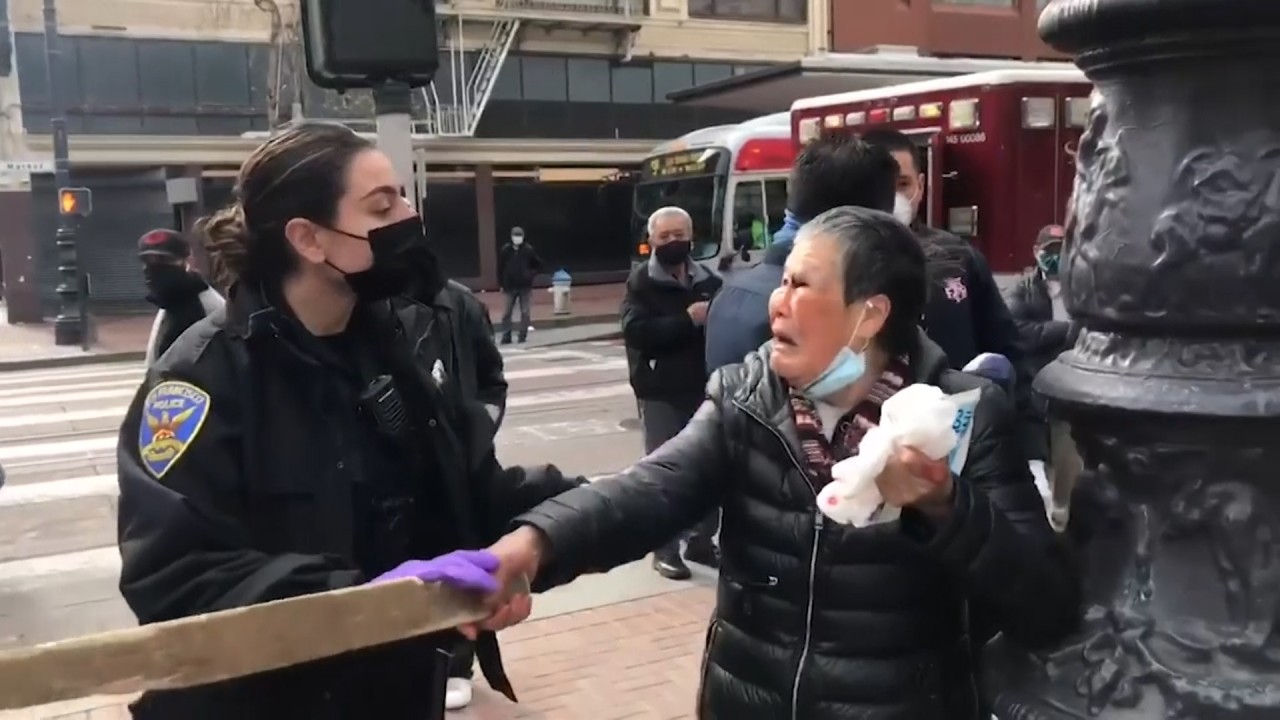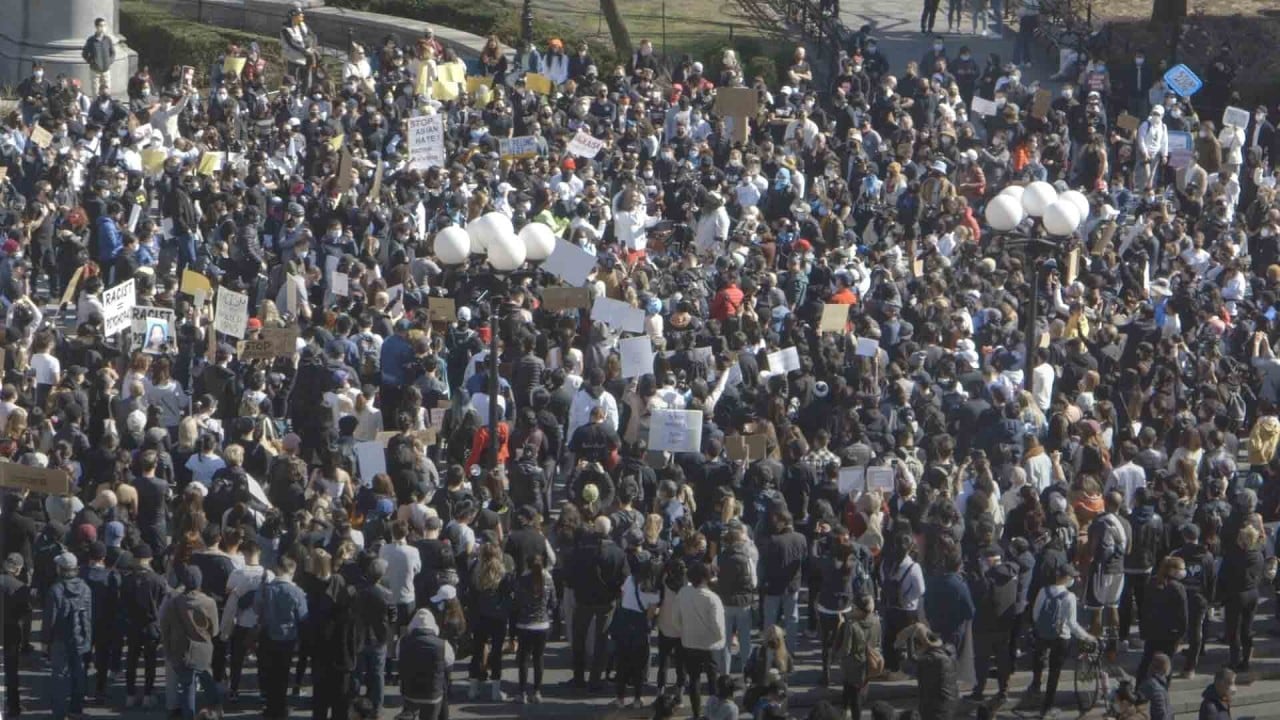
After the Atlanta shootings, how Asian-Americans can help stop the hatred and discrimination
- The tragedy in Atlanta is an awakening to American society that enough is enough when it comes to the escalating violence
- Asian-Americans can help bring an end to the hatred and discrimination by keeping their voices at the forefront of change and celebrating their history
In the wake of the shootings, I found myself shifting between hope and sadness. The hope came from the voices that surfaced in the multitude of protests in communities and cities across the country. It emerged from the messages sent out by various organisations and companies. I had not seen such a public outcry for Asian-Americans previously.
The hospital where my sister works issued the following statement: “Memorial Sloan Kettering Cancer Center stands with the Asian community and rejects racism, violence and intolerance. We are united in working toward a more inclusive future. #StopAsianHate.” The hashtags were multiplying and posts crying out for solidarity were being shared again.
“The Asian-American community has reached a crisis point that cannot be ignored. What started out last January with dirty looks and verbal assaults has escalated to physical attacks and violence against innocent Asian-Americans,” said Representative Judy Chu, a Democrat from California.
A few weeks ago, Americans marked the one-year anniversary since the Covid-19 pandemic was officially declared. It is a gross understatement to say America as a country has been through a lot. The pandemic has upended the lives of many and – while few want to admit this – altered things, perhaps for the worse.
For the first time, I have also felt the invisible unspoken discrimination based on my appearance. At the pool where I regularly work out, a woman swiftly got out and left when she saw me. “Wow, that was weird,” a friend and fellow swimmer observed. “Maybe she thinks you carry the virus.”
In the aftermath of the shootings, friends sent empathetic messages and others texted advice. One of my relatives wrote: “One thing I would like to share with you on the current anti-Asian situation. You’re a wonderful young professional woman and should enjoy your social life. But always look around yourself while walking in the evening. Be safe. And forgive my over-concern.”
Finally, a reality hits. As human beings, can we fight bias and attempt to see commonalities rather than differences? Can we look beyond the surface?
Asian-Americans are an obvious scapegoat, especially during difficult times. Simply put, this is wrong. Most of the Asian-Americans I know are hard-working and remain under the radar.
My father’s story epitomises the story of millions of Asians in the United States. It is the immigrant story. This year marks his 42nd anniversary at a medical college where he has taught hundreds of students who are now doctors. While studying in Canada, he cooked at a Chinese restaurant to help pay for his tuition.
This story is repeated many times across the country, and Asian-Americans are a critical part of the nation’s economic engine. Within the service sector alone, how many laundromats, restaurants, dry cleaning services, delis, massage parlours, nail salons and supermarkets are run by Asian-Americans?
The more important discussion is what can we, as Asian-Americans, do to keep our voices at the forefront of change? A few calls to action come to mind:
-
Policy: More permanent change comes with policy. Consider running for public office, whether it be locally, statewide or at a national level.
-
Celebrate: May is Asian-American and Pacific Islander Heritage Month. Find ways to mark the month and highlight the language, culture, cuisine and history of Asian-Americans in the US and beyond.
-
Storytelling: Companies from the multinational level down to small businesses should step up and amplify the contributions of Asian-Americans in their organisations.
-
Embrace history: Better understand the history of Asian-Americans in the US. Consider watching the five-part PBS series on Asian-American history.
-
Join: Take part and support organisations including the Organisation of Chinese Americans and the Chinese American Citizens Alliance.
-
Make your voice heard: It is OK to join a rally to remember and honour victims of anti-Asian hate, condemn the rising tide of anti-Asian violence and provide solutions and awareness of what we all can do to stop hatred of Asians.
As Asian-Americans, our downfall is that we have not been more vocal and that we have not come together as a collective. Maybe with a commitment to change, the hate and discrimination will finally end. It takes a village.
Amy Wu is an award-winning journalist based in New York who has worked in California and Hong Kong



